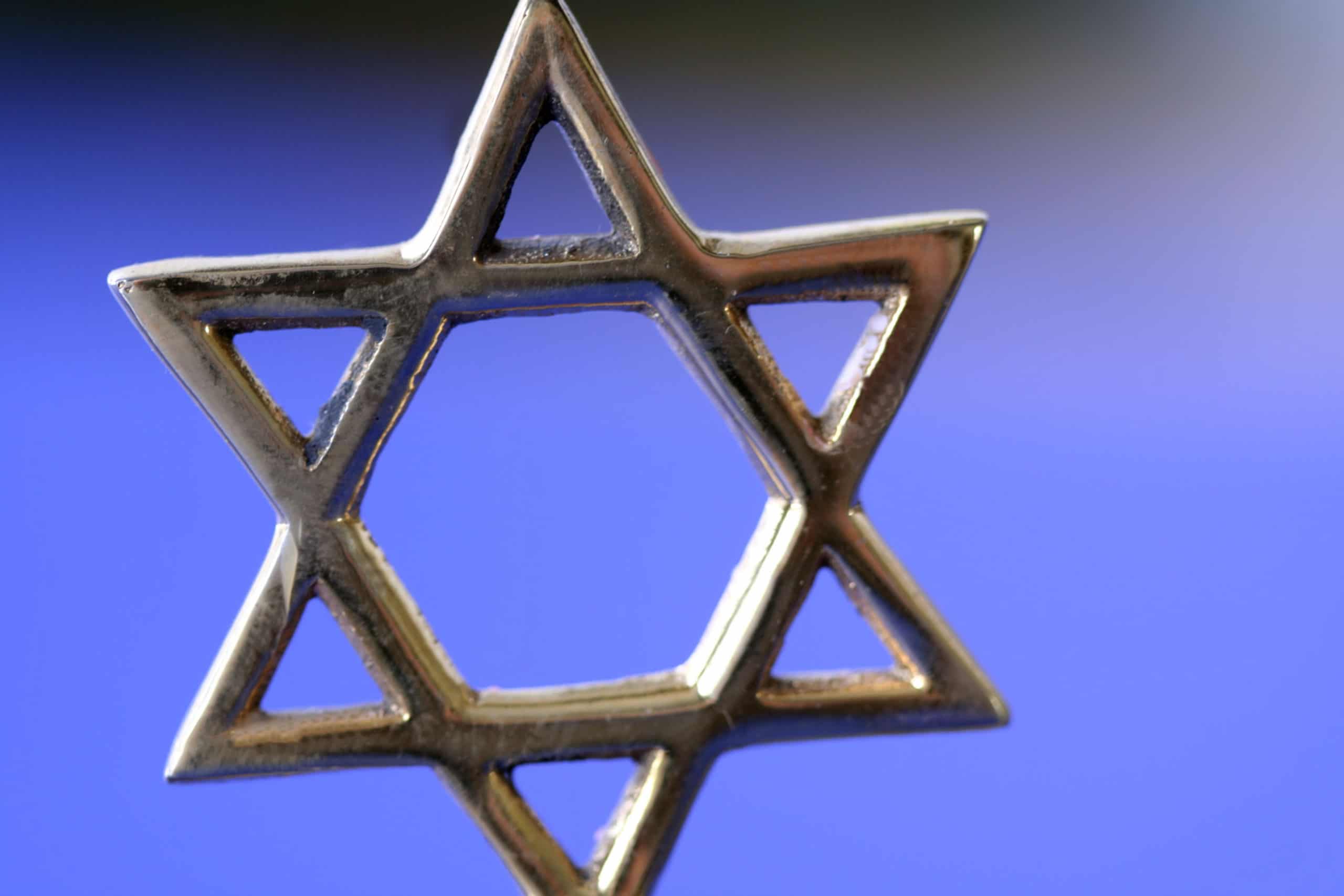Why did God Allow King Hezekiah to change when they celebrated the Passover?

King Hezekiah of Judah decreed that the Jewish nation celebrate Passover on the 14th day of the second month rather than the first month of the year as God had ordained (2 Chronicles 30).
The theme of 2 Chronicles 30 deals with the re-institution of the Passover, which had fallen into general non-observance after the reign of Solomon approximately three centuries earlier.
Immediately upon becoming king, Hezekiah commenced a great religious reform. In eight days they had reopened the great Temple of Solomon and cleansed it of defilement (2 Chronicles 29:1-17). Hezekiah then proceeded to offer a burnt offering, which with the offerings of the people, totaled 600 oxen and 3,000 sheep. There were so many animals that the priests needed to draft the Levites to assist them in the ritual slaughter (2 Chronicles 29:33,34).
All this reformation work took place just preceding the time of the Passover. There was one difficulty however in keeping the Passover. So much work had to be done that when the appointed day of Passover arrived, the priests had not been sufficiently cleansed. Additionally, they had all been so involved in the cleansing work there had not been adequate time to gather the people to Jerusalem to celebrate the Passover. Therefore, Hezekiah was faced with a dilemma. Either they would have to wait nearly a full year for the next Passover or celebrate it late.
Although the Law called for Passover in the first month, the judgment of God was given that in cases of uncleanness, it would be permissible to keep the ceremony the fourteenth day of the second month. (See Numbers 9:6-11.) The situation in Hezekiah’s day was of sufficient similarity to invoke the application of that judgment.
After consulting with the princes of Judah, Hezekiah determined that the law allowed postponement of the Passover until the following month. In issuing the decree that Passover would be celebrated one month later, Hezekiah also sent letters to the ten-tribe kingdom of Israel in the north, inviting them to the Passover celebration (2 Chronicles 30:6-9).
The seven-day Passover celebration was such a blessing that those assembled at Jerusalem agreed to keep a second seven-day feast (2 Chronicles 30:23). Describing the atmosphere which prevailed in Jerusalem at the time, we read “there was great joy in Jerusalem: for since the time of Solomon … there was not the like in Jerusalem” (v. 26). It is clear the celebration was pleasing even to God for “their prayer came up to his holy dwelling place, even unto heaven” (v. 27).
To learn more about the Passover listen to, “Israel’s Passover- What Does It Mean To Us?”






